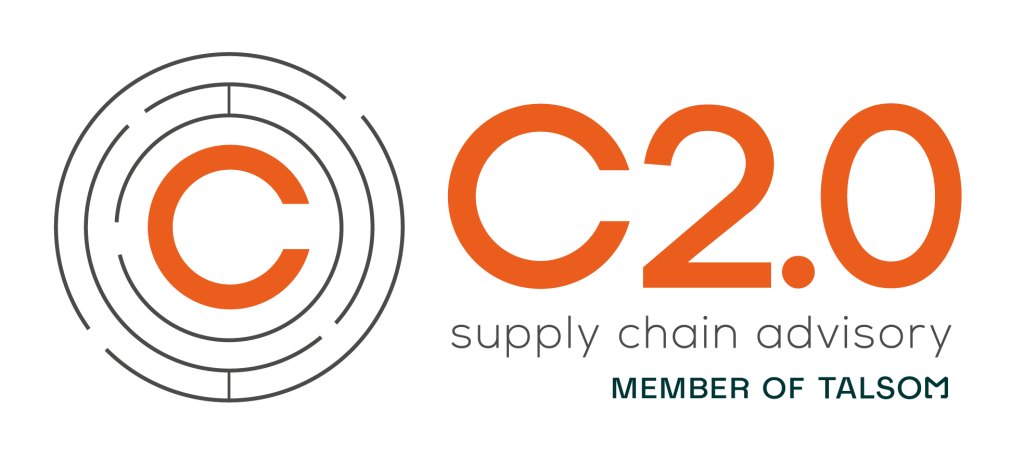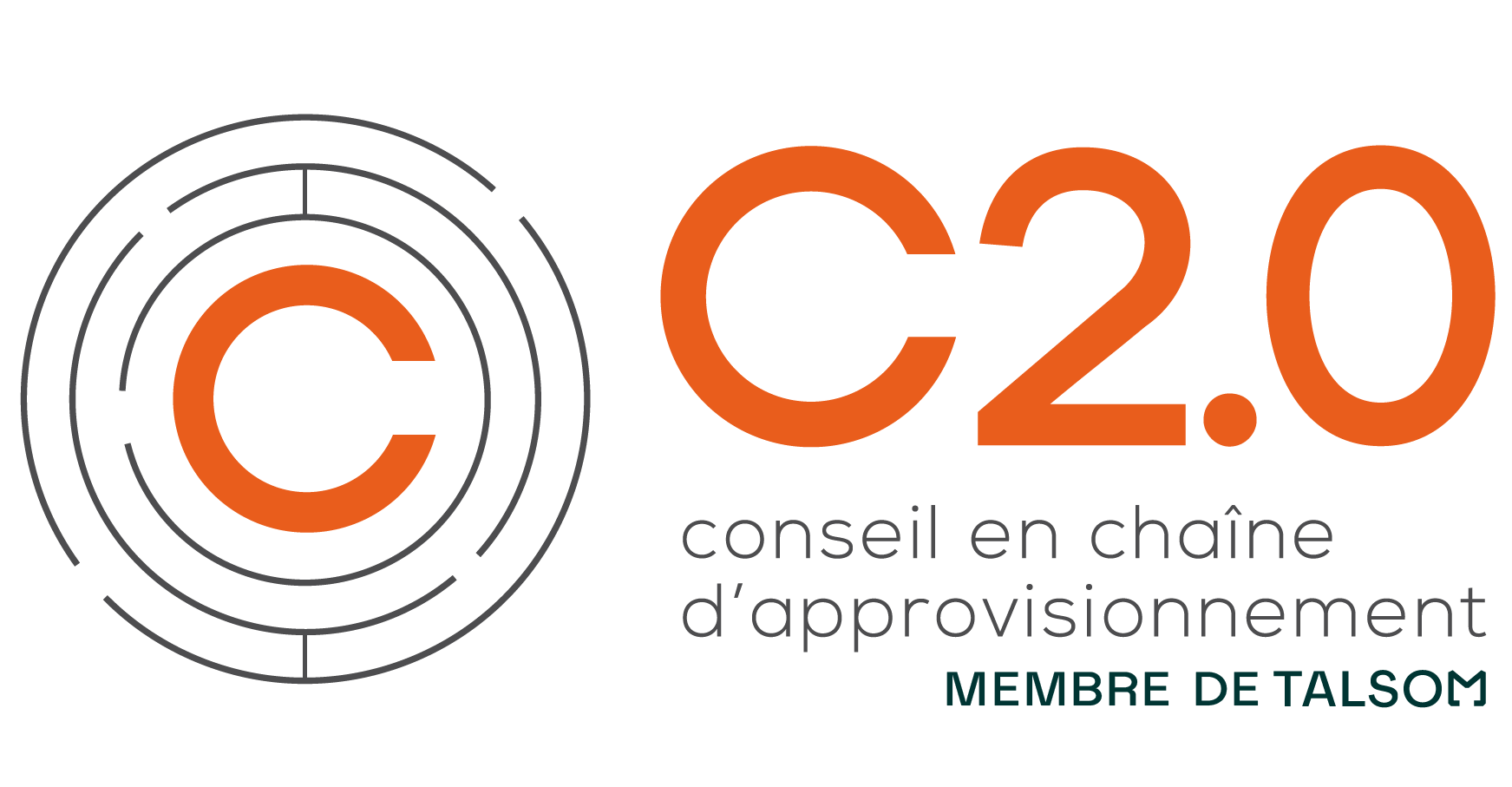
Thibaut Maenner
Consultant - Procurement
Sustainable procurement – ESG approach
Sustainable procurement is closely linked to ESG (Environmental, Social, and Governance) issues. Indeed, corporate priorities have changed, especially over the past five years. Companies no longer see procurement solely as a means of reducing costs, but also as an opportunity to make a positive impact. Irresponsible sourcing practices, such as excessive offshoring or the use of unethical labor, must be abandoned.
To reduce the impact of the supply chain, it is essential to select environmentally-friendly materials, processes and modes of transport. In addition, natural resources must be used responsibly, and human rights must be respected throughout the supply chain.
Collecting and analyzing the data needed to assess the impact of the supply chain was difficult in the past. Not least because of the many suppliers companies work with, the different products that make up their range, and the huge investment required to manage such a mass of information. However, the emergence of new technologies and systems now makes it possible to process this information efficiently and access global data.
Last May, the C2.0 team took part in the Gartner SCM Supply Chain ESG Symposium in Orlando, Florida. One of the key issues discussed at the event was data availability. Despite the evolution of technology, supplier and internal data remains very limited, posing a challenge to accurately assess the impact and benefits associated with ESG criteria related to procurement.
Levers to reduce the impact of our supply chain
It is essential to involve all levels of the organization in ESG objectives, and to set measurable targets. It’s also important to engage suppliers, to strike a balance between costs incurred and impacts avoided, and to implement sustainable programs to guarantee meaningful results. As far as targets are concerned, indicators such as the CO2/km emissions of products purchased, the % of recycled packaging used or the proportion of suppliers certified to an ESG label are all factors on which companies can commit to making progress.
While the financial aspect is an essential lever, applying a sustainability lens in addition to price can deliver a good deal while guaranteeing other results. Case in point: a consumer goods company achieved $0.4 billion in electricity savings and a 12% reduction in carbon dioxide equivalent (CO2e) footprint by using sustainability-based approaches.
Digital tools, such as integrated purchasing solutions (S2P) and purchasing management platforms (P2P), offer opportunities to effectively apply these principles in day-to-day procurement operations. They make it possible to select suppliers committed to sustainable development, track suppliers’ carbon neutrality objectives, and highlight sustainable products.
In conclusion, the use of digital purchasing solutions and the commitment of all employees can help companies to anchor their approach in a virtuous and responsible way, while contributing to a sustainable future for our planet.







